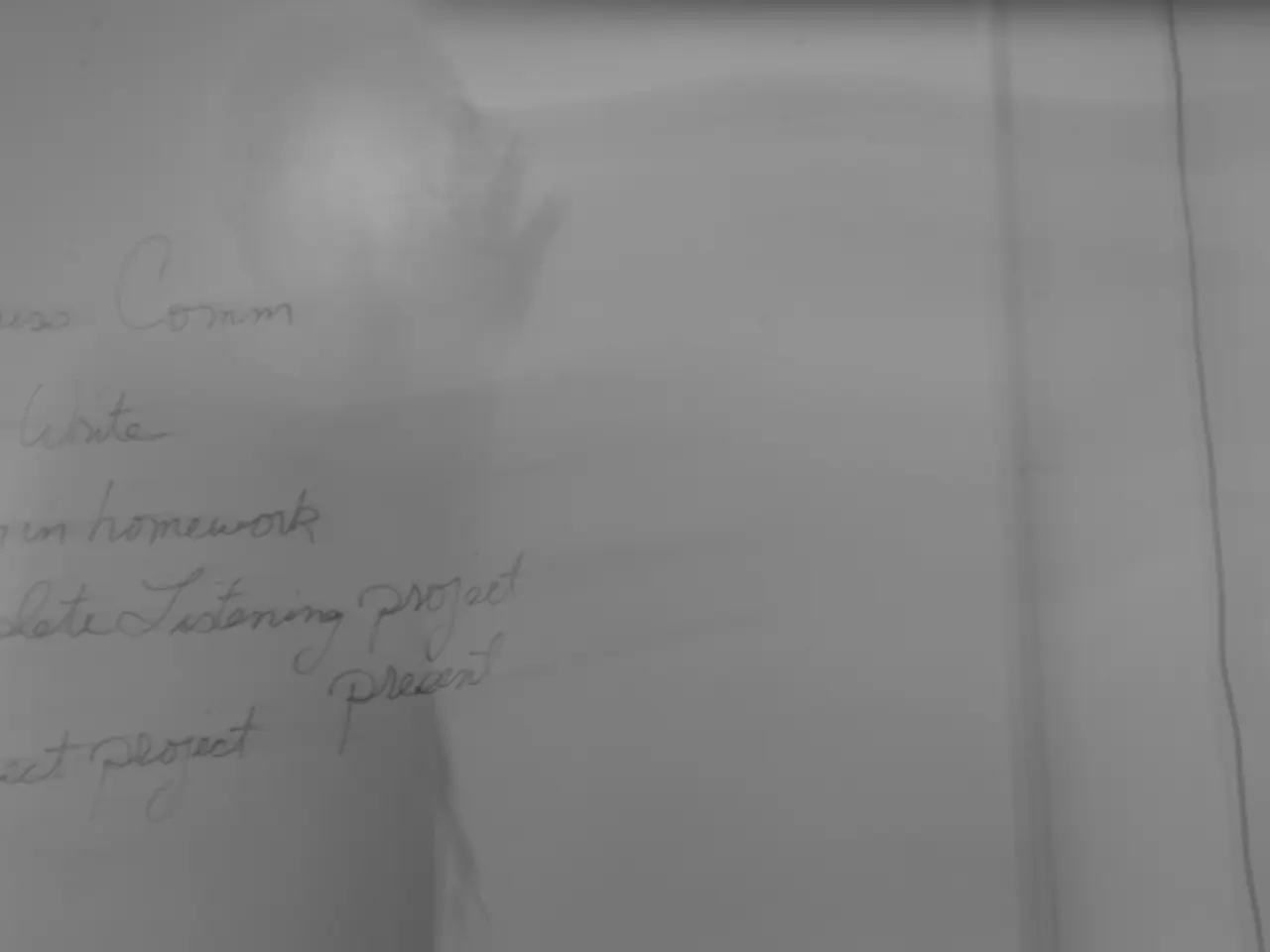Trump relaxes customs duties on 45 product types for nations with symmetrical trade arrangements
In a move aimed at negotiating better trade deals for the United States, President Donald Trump has signed an executive order offering tariff exemptions for trading partners who strike deals on industrial exports. This decision is part of Trump's strategy to reorder the global trading system, cut US trade deficits, and extract concessions from trading partner countries.
The tariff exemptions are for "aligned partners" who clinch framework pacts to cut Trump's "reciprocal" tariffs and duties imposed under the Section 232 national security statute. These exemptions are not permanent but are granted on a case-by-case basis, allowing for the US Trade Representative, the Commerce Department, and customs to waive tariffs on covered imports without a new executive order from Trump.
The tariff exemptions cover a wide range of categories, including nickel, gold, pharmaceutical compounds, chemicals, and others. They have been expanded to include some agricultural products, aircraft and parts, and non-patented articles for use in pharmaceuticals. Notably, the tariffs on gold imports, from powders and leaf to bullion, have been removed, with key imports from Switzerland, which is struggling with US tariffs of 39 per cent as it has not yet reached a trade deal, being included.
The tariff exemptions also apply to imports from trading partners who strike deals on industrial exports. The cuts in tariffs extend to items that cannot be grown, mined, or naturally produced in the United States or produced in sufficient volume to meet domestic demand. The zero-tariff items identified in the order include graphite, various forms of nickel, compounds used in generic pharmaceuticals (including lidocaine and medical diagnostic reagents), various types of gold imports, neodymium magnets, light-emitting diodes (LEDs), and have eliminated previous tariff exemptions on certain plastics and polysilicon, a key component of solar panels.
However, it's important to note that the tariff exemptions do not extend to items that can be grown, mined, or naturally produced in the United States or produced in sufficient volume to meet domestic demand. This decision is in line with the US commitments in existing framework deals, including those with allies such as Japan and the European Union.
The exemptions for countries with US trade deals are set to begin at 12.01am EDT/0401 GMT (Noon Malaysian time) on Monday. This executive order is a result of Trump's first seven months in office spent building up massive tariff increases. It is part of Trump's efforts to reshape the global trading system and secure more favourable trade agreements for the United States.
The willingness of the US to reduce tariffs depends on the "scope and economic value of a trading partner's commitments to the United States in its agreement on reciprocal trade" and US national interests. The United States committed in September 2017 to a "reciprocal trade" agreement involving trade partners with existing trade agreements, aiming to lower tariffs on imports including graphite, various forms of nickel, pharmaceutical ingredients, local anesthetics, diagnostic reagents, gold, neodymium magnets, LED lights, and certain plastics and polysilicon. The exact comprehensive list of countries is not fully detailed in the sources but notably includes the EU and countries with formal free trade agreements with the US.
Read also:
- Nightly sweat episodes linked to GERD: Crucial insights explained
- Antitussives: List of Examples, Functions, Adverse Reactions, and Additional Details
- Asthma Diagnosis: Exploring FeNO Tests and Related Treatments
- Unfortunate Financial Disarray for a Family from California After an Expensive Emergency Room Visit with Their Burned Infant








